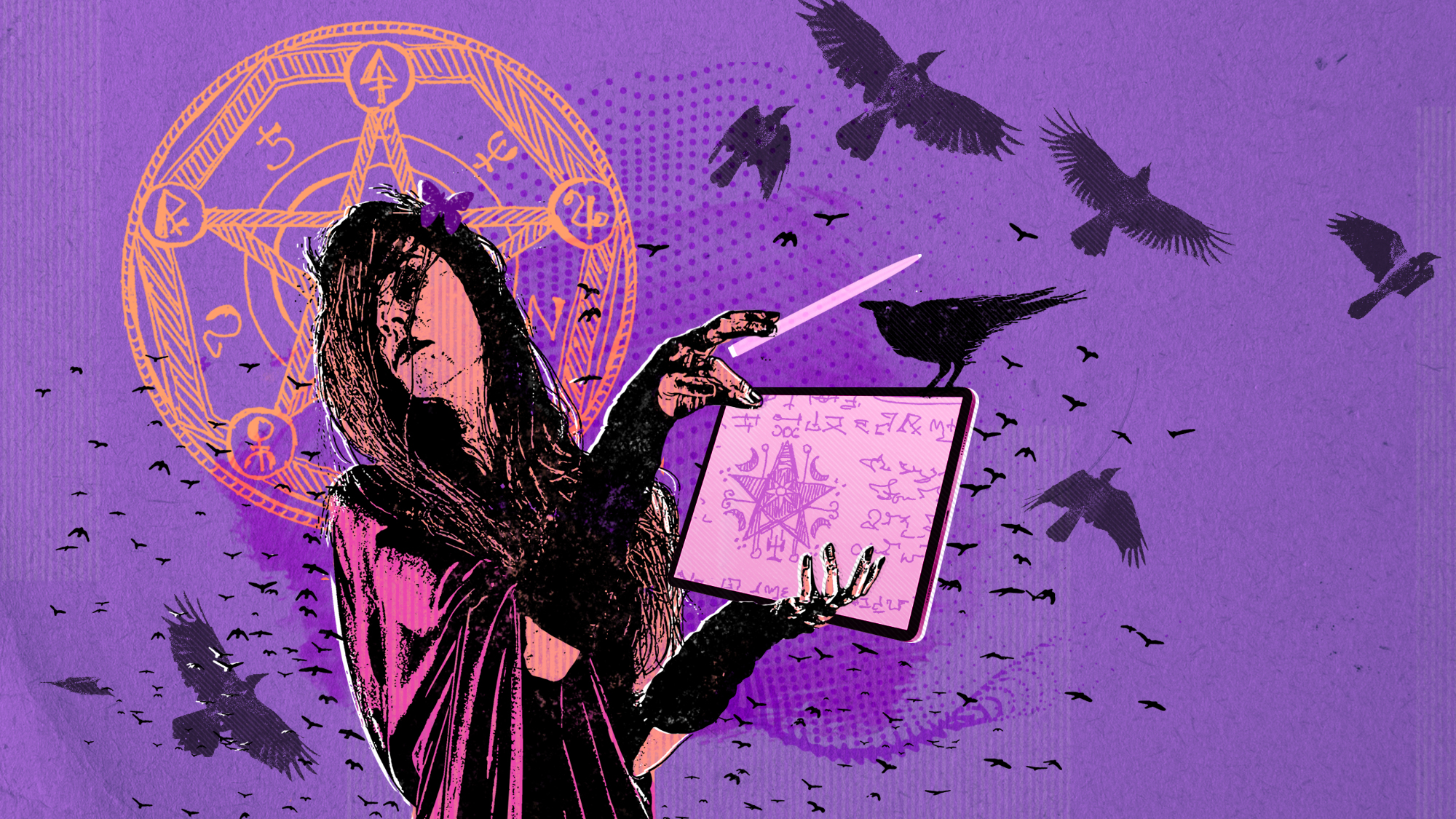The Russian digital agency Mueller indicted ran like 'a propaganda startup'


Along with 13 Russian nationals, Special Counsel Robert Mueller's team targeted three Russian organizations in the indictment announced Friday. Among them was a group called the Internet Research Agency (IRA), which The Wall Street Journal reports operated like "a propaganda startup," complete "with finance and graphics departments, performance targets, and a sophisticated social-media strategy designed to gain maximum attention."
The IRA's troll factory operated with the precision of, well, a factory, the Journal story says. "Operational goals were subject to internal audits," and messaging was tightly policed. The monthly budget was about $1.25 million, money spent refining online targeting to increase engagement with social media users who believed they were talking to fellow Americans.
But the action wasn't all online. The IRA used its digital reach to "organize flash-mobs in Florida," to "pay a U.S. resident to dress up like Hillary Clinton in a prison uniform at a West Palm Beach rally," and to "promote several pro-Trump rallies." Read the Journal's full report here.
The Week
Escape your echo chamber. Get the facts behind the news, plus analysis from multiple perspectives.

Sign up for The Week's Free Newsletters
From our morning news briefing to a weekly Good News Newsletter, get the best of The Week delivered directly to your inbox.
From our morning news briefing to a weekly Good News Newsletter, get the best of The Week delivered directly to your inbox.
A free daily email with the biggest news stories of the day – and the best features from TheWeek.com
Bonnie Kristian was a deputy editor and acting editor-in-chief of TheWeek.com. She is a columnist at Christianity Today and author of Untrustworthy: The Knowledge Crisis Breaking Our Brains, Polluting Our Politics, and Corrupting Christian Community (forthcoming 2022) and A Flexible Faith: Rethinking What It Means to Follow Jesus Today (2018). Her writing has also appeared at Time Magazine, CNN, USA Today, Newsweek, the Los Angeles Times, and The American Conservative, among other outlets.
-
 Etsy witches and the rise of digital spell-casting
Etsy witches and the rise of digital spell-castingUnder the Radar From fixing your love life to hexing a colleague, online sorcerers offer a wide range of services
-
 Why is this government shutdown so consequential?
Why is this government shutdown so consequential?Today's Big Question Federal employee layoffs could be in the thousands
-
 Lavender marriage grows in generational appeal
Lavender marriage grows in generational appealIn the spotlight Millennials and Gen Z are embracing these unions to combat financial uncertainty and the rollback of LGBTQ+ rights
-
 Primatologist Jane Goodall dies at 91
Primatologist Jane Goodall dies at 91Speed Read She rose to fame following her groundbreaking field research with chimpanzees
-
 Florida erases rainbow crosswalk at Pulse nightclub
Florida erases rainbow crosswalk at Pulse nightclubSpeed Read The colorful crosswalk was outside the former LGBTQ nightclub where 49 people were killed in a 2016 shooting
-
 Trump says Smithsonian too focused on slavery's ills
Trump says Smithsonian too focused on slavery's illsSpeed Read The president would prefer the museum to highlight 'success,' 'brightness' and 'the future'
-
 Trump to host Kennedy Honors for Kiss, Stallone
Trump to host Kennedy Honors for Kiss, StalloneSpeed Read Actor Sylvester Stallone and the glam-rock band Kiss were among those named as this year's inductees
-
 White House seeks to bend Smithsonian to Trump's view
White House seeks to bend Smithsonian to Trump's viewSpeed Read The Smithsonian Institution's 21 museums are under review to ensure their content aligns with the president's interpretation of American history
-
 Charlamagne Tha God irks Trump with Epstein talk
Charlamagne Tha God irks Trump with Epstein talkSpeed Read The radio host said the Jeffrey Epstein scandal could help 'traditional conservatives' take back the Republican Party
-
 CBS cancels Colbert's 'Late Show'
CBS cancels Colbert's 'Late Show'Speed Read 'The Late Show with Stephen Colbert' is ending next year
-
 Shakespeare not an absent spouse, study proposes
Shakespeare not an absent spouse, study proposesspeed read A letter fragment suggests that the Shakespeares lived together all along, says scholar Matthew Steggle
